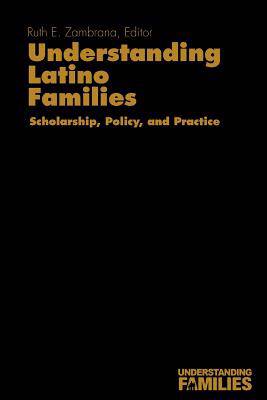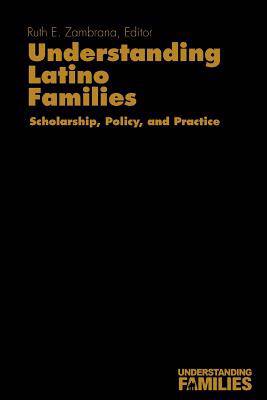
- Retrait gratuit dans votre magasin Club
- 7.000.000 titres dans notre catalogue
- Payer en toute sécurité
- Toujours un magasin près de chez vous
- Retrait gratuit dans votre magasin Club
- 7.000.000 titres dans notre catalogue
- Payer en toute sécurité
- Toujours un magasin près de chez vous
Understanding Latino Families
Scholarship, Policy, and Practice
216,95 €
+ 433 points
Description
A fresh approach to the study of Latino families is offered in this volume which focuses on the strengths of Latino//Hispanic groups, the structural processes that impede their progress and the cultural and familial processes that enhance their intergenerational adaptation and resilience. The contributors present social and demographic profiles of Latino groups in the United States, empirical and conceptual reviews of Latino family approaches, and practice and policy implications from studies of Latino social programmes.
Spécifications
Parties prenantes
- Editeur:
Contenu
- Nombre de pages :
- 256
- Langue:
- Anglais
- Collection :
- Tome:
- n° 2
Caractéristiques
- EAN:
- 9780803956100
- Date de parution :
- 05-06-95
- Format:
- Livre broché
- Format numérique:
- Trade paperback (VS)
- Dimensions :
- 154 mm x 230 mm
- Poids :
- 394 g






